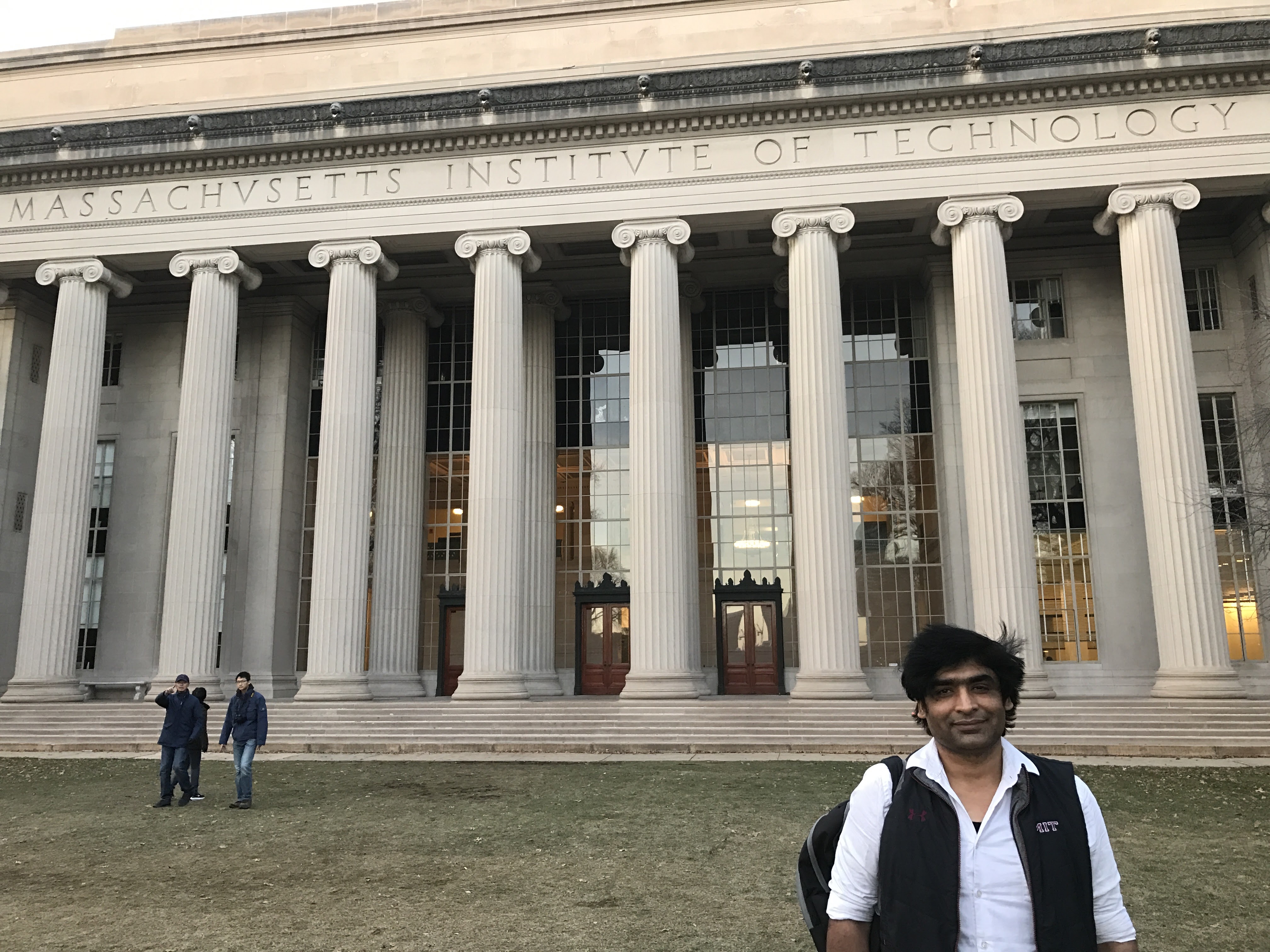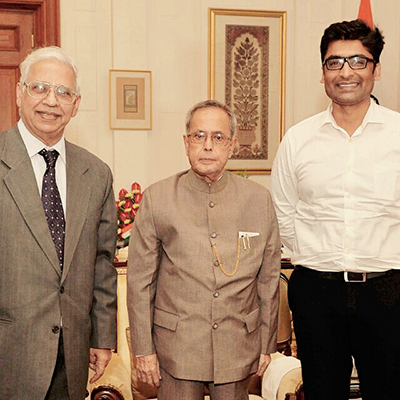Recommended

As a child, I witnessed countless energy and environmental challenges. I saw the struggle of poor people getting exposed to indoor air pollution (mainly from biomass burning on inefficient cookstoves), which caused major health challenges; changing rain patterns affecting farmer’s crops which endangered their livelihood; and people using kerosene for lighting because of lack of electricity. These experiences in my youth inculcated a genuine passion for acquiring scientific knowledge and a deep desire to influence the policy-making process. At MIT, I’m thrilled to be a doctoral student in the Department of Urban Studies and Planning—an exceptional cohort from different parts of the world working towards improving the lives of people.

It was while I was working with India’s National Planning Commission for four years—after graduating from Georgia Tech with an MS focusing on climate change and energy policy—that I saw how my work could directly impact literally millions of people in a positive way. I assisted a member of the commission of energy—a state official of the Government of India—who chaired a working group on energy appointed by the government to formulate energy sector policies.
Since the energy sector is the largest contributor of greenhouse gas emissions to India’s total emissions, the plan that I helped draft influenced India’s position in international climate negotiations and helped decide its power generation mix for next five years. In this way, I saw how my small influence can have truly global consequences. Here I learned about a wide array of energy and environmental issues; moreover, I witnessed firsthand the interplay between markets, experts, and politics—a key dynamic in policy studies. This was when I decided that I needed a policy and planning-centric interdisciplinary doctorate in environmental policy to expand my influence.
I was fortunate to be accepted and funded by both Harvard and MIT and it was a tough decision to choose one over the other. In the end, I decided to come to MIT to study for a doctorate in environmental policy because here I feel closer to technology geeks working at the frontiers of science and technology—something essential to solving problems of the resource-scarce world in a sustainable way. I am also honored to be the recipient of MIT’s presidential fellowship for 2016-2017.
The centers like the MIT Energy Initiative are working at the intersection of policy, innovation, and science to transform the energy systems of the world. It’s a critical task, because if current northern models of excessive resource consumption were to be replicated in the south, it’s ecologically unsustainable for the planet. The work that I am involved with at MIT not only reinforces my commitment to public service but also provides an ultimate opportunity for me to become the most effective possible advocate for a more just and sustainable world.
Grad Life blog posts offer insights from current MIT graduate students on Slice of MIT.







